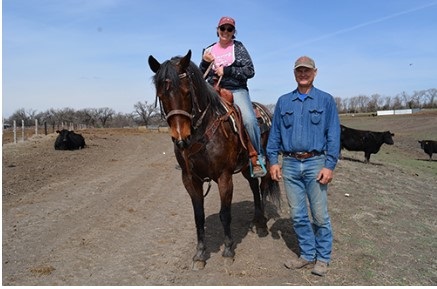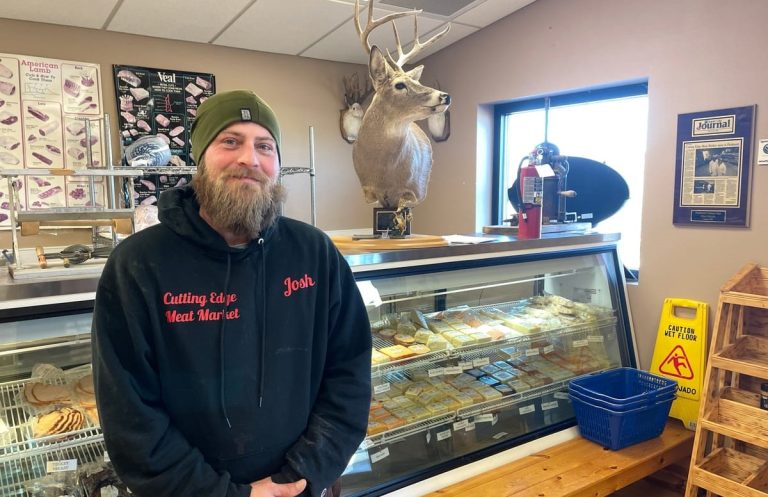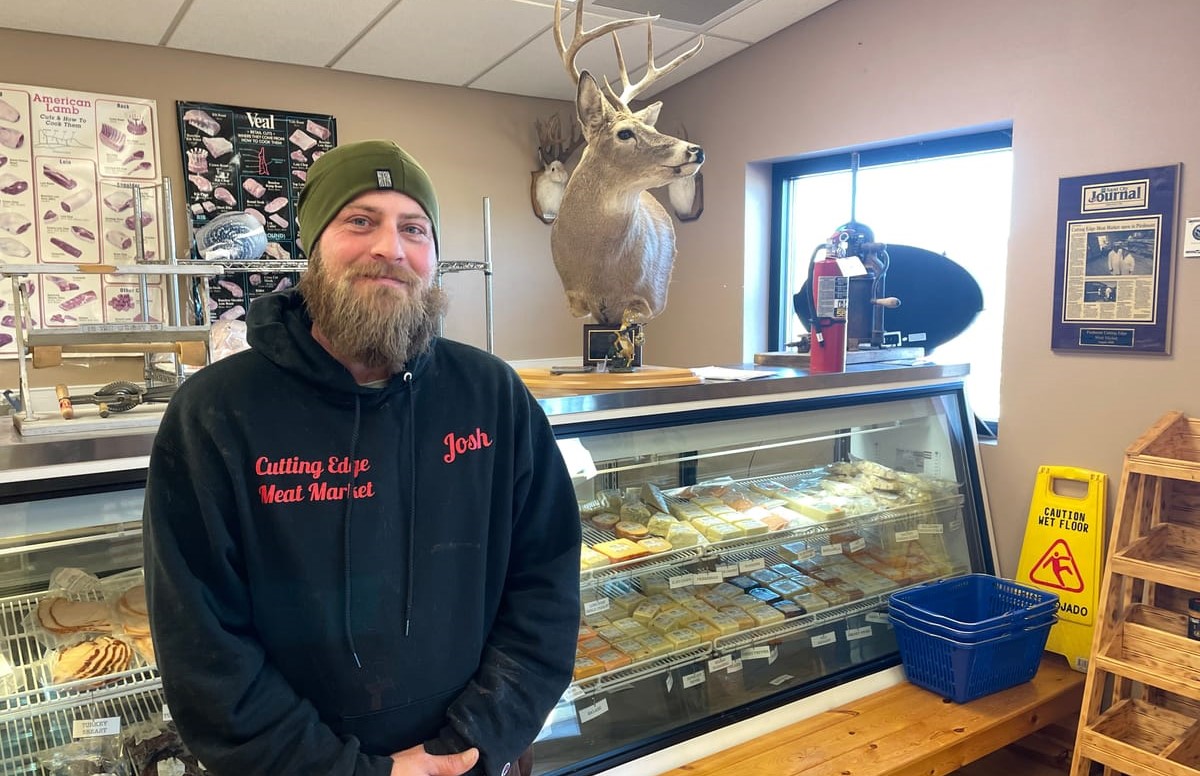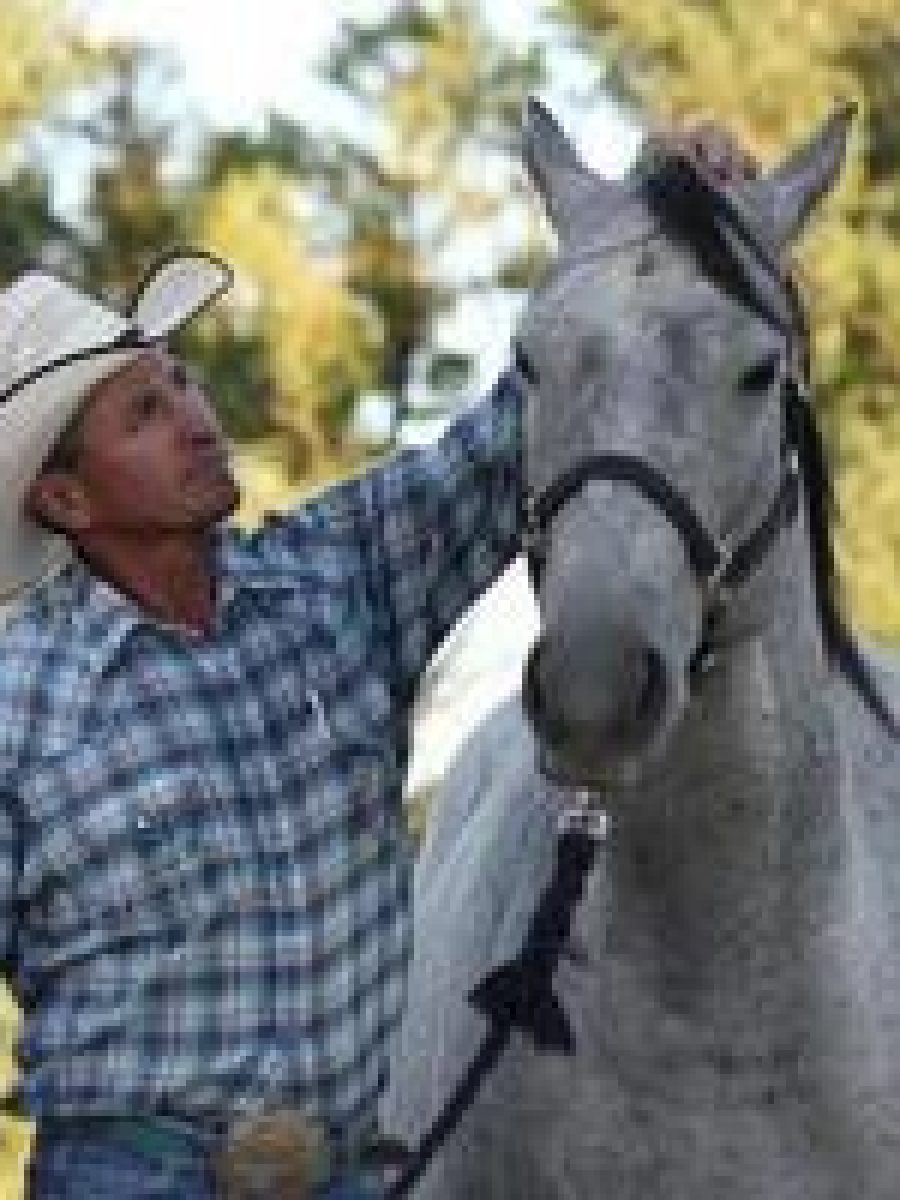WASHINGTON, D.C. – The use and preservation of public lands in the United States is as much of an emotional endeavor as it is a practical one. Multiple resource use proponents are increasingly challenged to show the economic and ecological benefits to public lands they use to further their own livelihoods.
The Public Lands Council (PLC) has launched a formal Request for Proposals (RFP) to find research ideas designed to strengthen the long-term viability of livestock production on the nation’s public lands. Tailored to producer-designed research questions each year, the RFP for Fiscal Year 2024 focuses on key themes, including:
- Comparative efficacies of prescribed grazing and prescribed fire in wildfire mitigation.
- Ecological, social, or economic impacts on federal lands ranching communities caused by from increased recreation or other changes in multiple use.
- Costs of implementation of the Endangered Species Act.
Read the entire list of desired proposal themes here.
“Public lands ranchers have been passing down their knowledge and acquired skills from one generation to the next for centuries. Yet, there is still so much we can do by harnessing new research and innovations to ensure we will be able to pass on our way of life to many more generations to come,” said PLC President and Colorado rancher Mark Roeber.
“This open call for research proposals continues the decades of work to proactively bolster the ranching industry and back up what ranchers are seeing on the ground with hard evidence that can be shown to federal agencies and Congress. No industry produces more with less than public lands ranching and PLC is working every day to protect that way of life.”
With more than 22,000 public land ranchers maintaining over 250 million acres of U.S. public land, livestock production and grazing on federal lands contributes to the economic and social sustainability of America’s rural communities. All those interested in submitting a proposal should click here for the full RFP.
The proposal form and any additional materials should be submitted via email to [email protected] no later than Friday, June 9, 2023.












